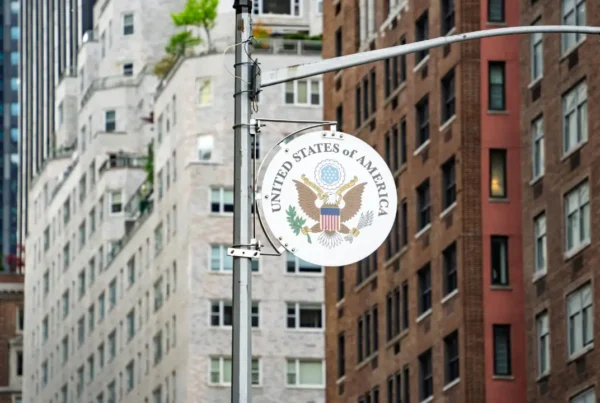
This week the Supreme Court issued a 5-4 decision in favor of upholding the Trump Administration’s travel ban. To learn more about the ban, please click here. This decision will impose indefinite travel restrictions to certain nationals of Iran, Libya, North Korea, Somalia, Syria, Venezuela and Yemen, reversing a federal district court’s grant of a preliminary injunction against the restriction. The Court ruled that the travel restrictions are within the President’s powers to suspend the entry of certain foreign nationals if the entry would be detrimental to the national interest. The majority found that the travel restrictions are rationally related to U.S. national security objectives, and thus does not violate the First Amendment’s prohibition on the government’s favoring one religion over another.
Nature of the travel restrictions
Nationals of the restricted countries will remain subject to the following U.S. travel limitations, unless otherwise exempt or granted a waiver:
- Iran: No nonimmigrant visas except F/M student visas and J exchange visitor visas; no immigrant or diversity lottery visas.
- Libya: No B-1, B-2 or B-1/B-2 visitor visas; no immigrant or diversity lottery visas.
- North Korea: No nonimmigrant, immigrant or diversity lottery visas.
- Somalia: Nonimmigrant visa applicants subject to heightened scrutiny; no immigrant or diversity visas.
- Syria: No nonimmigrant, immigrant or diversity lottery visas.
- Venezuela: No B-1, B-2 or B-1/B-2 visas for officials of designated Venezuelan government agencies. Other visa holders are subject to verification of traveler information. No restrictions on immigrant or diversity lottery visas.
- Yemen: No B-1, B-2 or B-1/B-2 visitor visas; no immigrant or diversity lottery visas.
Exemptions and Waivers
The following classes of foreign nationals are exempt from the ban:
- Lawful permanent residents
- Dual nationals traveling on a passport from a non-restricted country
- Foreign nationals who hold a valid U.S. visa or advance parole
- Those who were physically in the U.S. on the applicable original date of the travel restrictions.
Foreign nationals who are not exempt may request a waiver when applying for a visa. To be eligible for the waiver, a foreign national must demonstrate that they will suffer undue hardship if denied entry and that their entry would not pose a threat to U.S. national security or public safety. To learn more about the waiver, please click here.
The current travel restrictions will remain in place under this Administration lifts them or removes a particular country from the list. The Administration could also add new countries and broaden restrictions on foreign nationals already subject to the proclamation.


